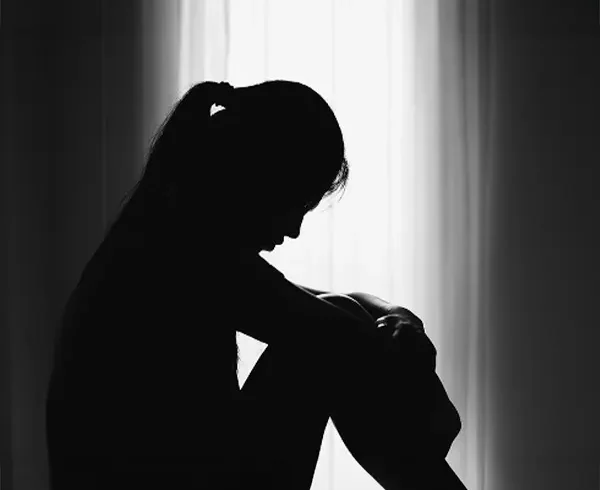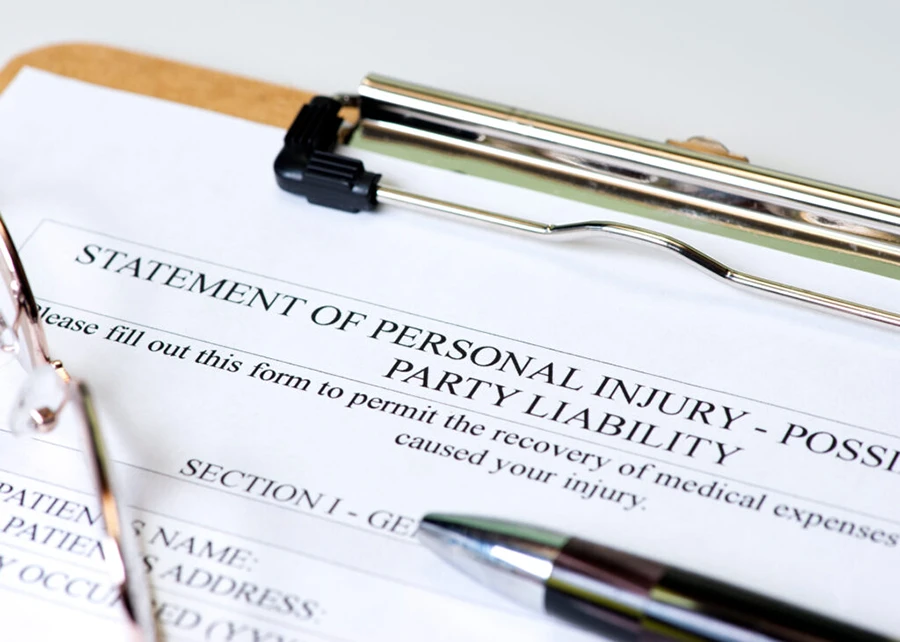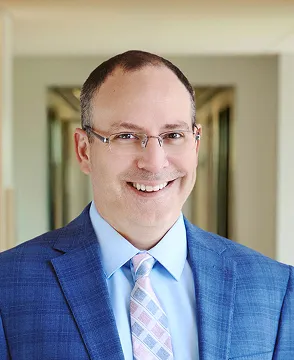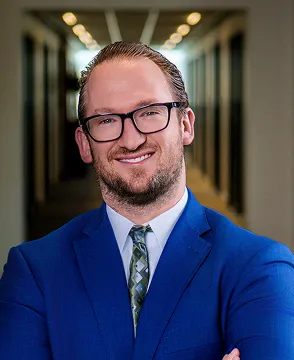Trauma-Informed Legal Representation
Our attorneys understand the sensitive nature of these cases. We prioritize confidentiality, respect, and compassion. Survivors control the pace of the process, and we make sure you never feel pressured or retraumatized while pursuing justice.
Maximizing Civil Compensation
Compensation in sexual assault cases may cover a wide range of damages, including:
- Past and future medical bills
- Therapy and counseling costs
- Lost income or diminished earning capacity
- Pain and suffering
- Emotional distress
- Punitive damages against negligent institutions
Our goal is to secure the resources survivors need to heal and rebuild their lives.
Holding Institutions Accountable
Abuse often occurs in environments where warning signs are ignored. Simon Law investigates deeply to uncover evidence of negligence, cover-ups, or systemic failures. By exposing these patterns, we secure justice for individual survivors and work to prevent future misconduct.











